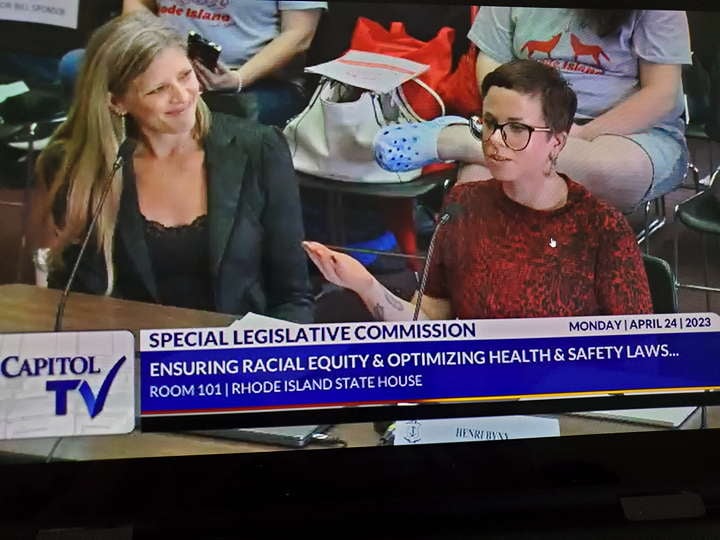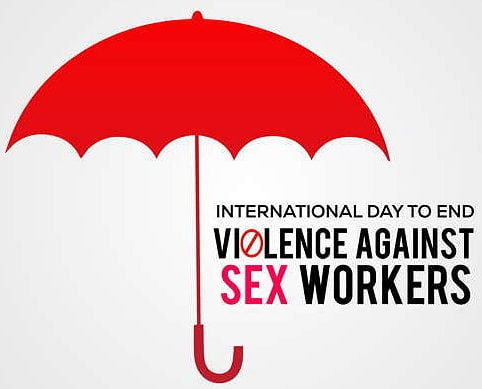You need to add a widget, row, or prebuilt layout before you’ll see anything here. 🙂
Maine’s Bad Prostitution Law Could Be Coming Soon to Your State | Reason
You need to add a widget, row, or prebuilt layout before you’ll see anything here. 🙂
DSW on Meet the Press
Sex Work, Decriminalization & Strange bedfellows | Meet the Press Reports | NBC News
Sex work decriminalization efforts leave workers, advocates and survivors divided | Meet the Press
December 9, 2023 NBC’s Meet the Press covers Maine’s misguided decision to implement the Entrapment Model of governing sex work. Melissa Broudo shares why decriminalization is the only way to ensure the rights and safety of consensual adult sex workers and human trafficking victims.
Landmark UN Report Calls for Sex Work Decriminalization | Human Rights Watch
You need to add a widget, row, or prebuilt layout before you’ll see anything here. 🙂
Maine’s new law partially decriminalizing sex work is not what it seems | NBC News
You need to add a widget, row, or prebuilt layout before you’ll see anything here. 🙂
Rhode Island Report Recommends Full Decriminalization of Sex Work | The Crime Report
You need to add a widget, row, or prebuilt layout before you’ll see anything here. 🙂
The Gilgo Beach Suspect May Have Hunted Them. Now They’re Key Witnesses. | The New York Times
You need to add a widget, row, or prebuilt layout before you’ll see anything here. 🙂
NYPD: 17 men arrested, charged for trying to purchase sex | news12 Brooklyn
You need to add a widget, row, or prebuilt layout before you’ll see anything here. 🙂




